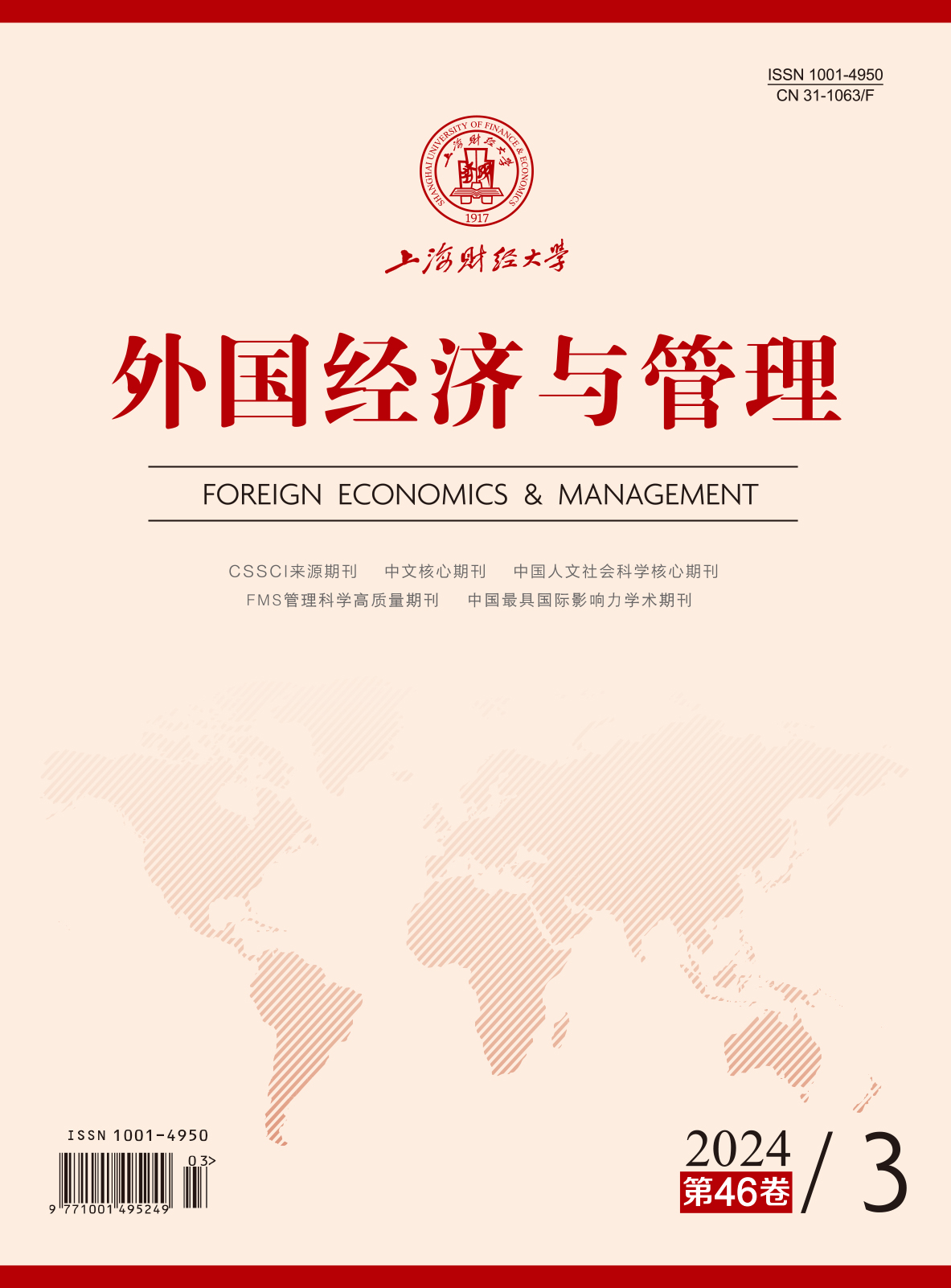In the era of China’s high-quality opening up and green economic transformation, the enabling role of capital market liberalization on corporate green innovation has received increasing attention. Existing studies on the economic effect of capital market liberalization are relatively extensive, but most of them focus on the overall level of innovation, and a few based on corporate green innovation only extend to heterogeneity analysis, without in-depth exploration of interaction effects and other contents. Using data from China’s A-share listed companies from 2007 to 2021, this paper takes the Shanghai-Hong Kong and Shenzhen-Hong Kong Stock Connect Program as the event entry point to construct a heterogeneous timing DID model, and tests the effect and mechanism. The study finds that capital market liberalization will promote enterprises to carry out green innovation, especially high-quality substantive green innovation. With the improvement of capital market liberalization, the green innovation level of enterprises will increase, and ultimately improve corporate value. Although capital market liberalization will promote green innovation, this promotion effect will disappear with the re-restriction of liberalization. Within the industry, green innovation shows a siphon effect of resource competition among the target enterprises of the “Chinese Mainland-Hong Kong Stock Connect Program”, while it shows a spillover effect within the region. Path testing shows that capital market liberalization will promote corporate green innovation through the two paths of green guidance effect and resource support effect. Environmental regulatory tools and capital market liberalization play a complementary role in promoting corporate green innovation. The promotion effect of capital market liberalization on corporate green innovation is based on non-state-owned economic development, market competition relationships, and a relatively complete internal governance structure. In terms of theoretical significance, this paper opens the “black box” of the impact of capital market liberalization on corporate green innovation to a certain extent, and is a key part of the theoretical research on green innovation. It makes up for the shortcomings of existing studies that ignore the differences, and provides more detailed research ideas for future studies on the economic effect of capital market liberalization and the influencing factors of green innovation. In terms of practical inspiration, this paper provides empirical support for the implementation of new systems. It provides new empirical evidence for further improving the green technology innovation system, releasing the innovation vitality of green technology innovation entities, and realizing the continuous deepening of international exchanges and opening up in the field of green technology.
 / Journals / Foreign Economics & Management
/ Journals / Foreign Economics & ManagementForeign Economics & Management
JIN Yuying, Editor-in-Chief
ZhengChunrong, Vice Executive Editor-in-Chief
YinHuifang HeXiaogang LiuJianguo, Vice Editor-in-Chief
Will Capital Market Liberalization Promote Corporate Green Innovation?
Foreign Economics & Management Vol. 46, Issue 03, pp. 122 - 135 (2024) DOI:10.16538/j.cnki.fem.20231205.401
Summary
References
Summary
Cite this article
Dong Zhu, Bai Xiangyu. Will Capital Market Liberalization Promote Corporate Green Innovation?[J]. Foreign Economics & Management, 2024, 46(3): 122-135.
Export Citations as:
For
ISSUE COVER
RELATED ARTICLES




 6500
6500  3885
3885

